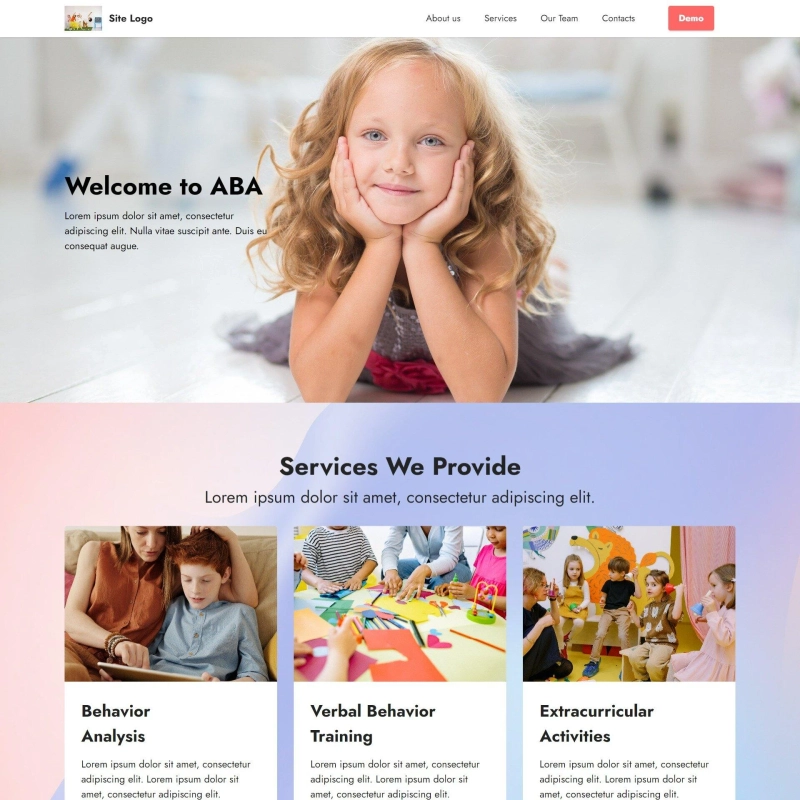For many people, especially teens, looking for help when they’re struggling with mental health problems can be daunting. It often feels overwhelming to reach out for support, much less consider being admitted to a residential mental health facility. However, this option can be a blessing for those in need of more intensive treatment. While there are some myths around residential treatment, the truth is that these programs can provide a safe and supportive environment for healing.
Read on to find out what residential treatment is like, and the benefits of residential treatment.
Why Residential Mental Health Facilities Can Be a Good Option
Residential mental health facilities near me can provide a safe and supportive environment for individuals to concentrate on their mental health needs. In this setting, client’s partner with a team of expert mental health professionals. And the treatment includes a range of evidence-based therapies. They can then participate in various experiential therapy activities, including yoga and mindfulness meditation.
Residential treatment is most beneficial for those who need to undergo intensive treatment, as it allows for 24x7 care and monitoring. Getting out of daily routines is also a helpful part of the treatment process because it allows teens to concentrate exclusively on their own recovery away from the stress of everyday life.
Myths & Truths About Residential Mental Health Facilities
There are many misconceptions about residential mental health that scare teens away from treatment programs. This blog post will try to bust those myths, so you know precisely what you’re getting into when you come to a teen residential treatment mental health center.
One myth is that these facilities are like psychiatric hospitals and clients are kept confined to their rooms like in a jail. No! These facilities provide a very homelike atmosphere where interactions among clients and staff is encouraged. Moreover, the therapists and support staff encourage clients to rediscover their hobbies, practice socializing with peers, and learn how to speak up when they are in distress. Simply put, attending varied activities, outings, and therapy sessions is essential.Another misconception is that residential treatment is just for those with severe mental health conditions. While it’s true that certain clients may require more intensive treatment, these residential programs prove to be helpful for individuals with a range of different mental health needs. Residential treatment can also provide a safe and supportive environment for individuals struggling with depression, anxiety, trauma, substance abuse, to name a few.The Final Words
If you or a loved one is struggling with any kind of different mental health challenges, the teen residential mental health facilities near me can help. While it might be difficult to reach out for support, taking that small step to explore residential treatment can be life changing. Residential treatment centers offer tailored programs to help you learn how to manage your symptoms and make lasting changes. The length of the program can vary based on your individual needs but on an average, it is about 45 days. Hopefully you now have a clear picture of a mental health facility.



